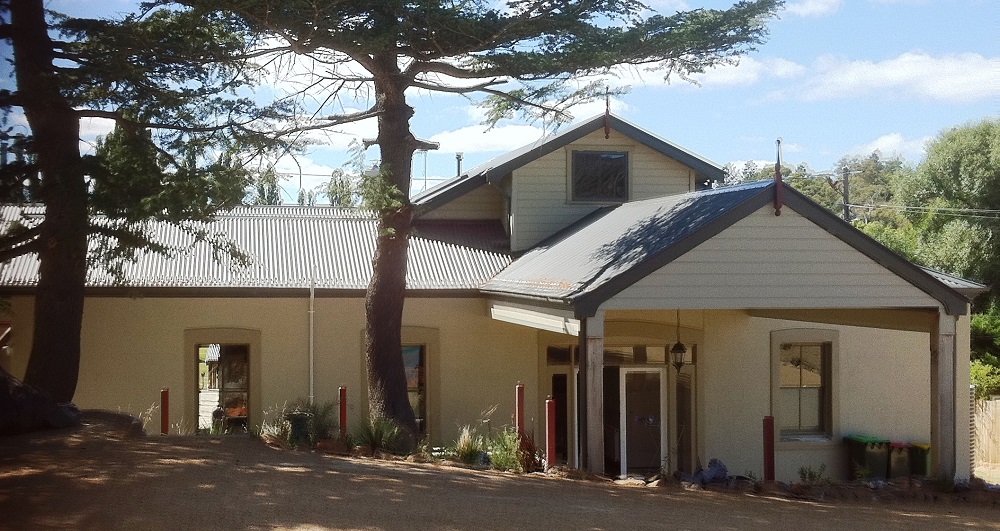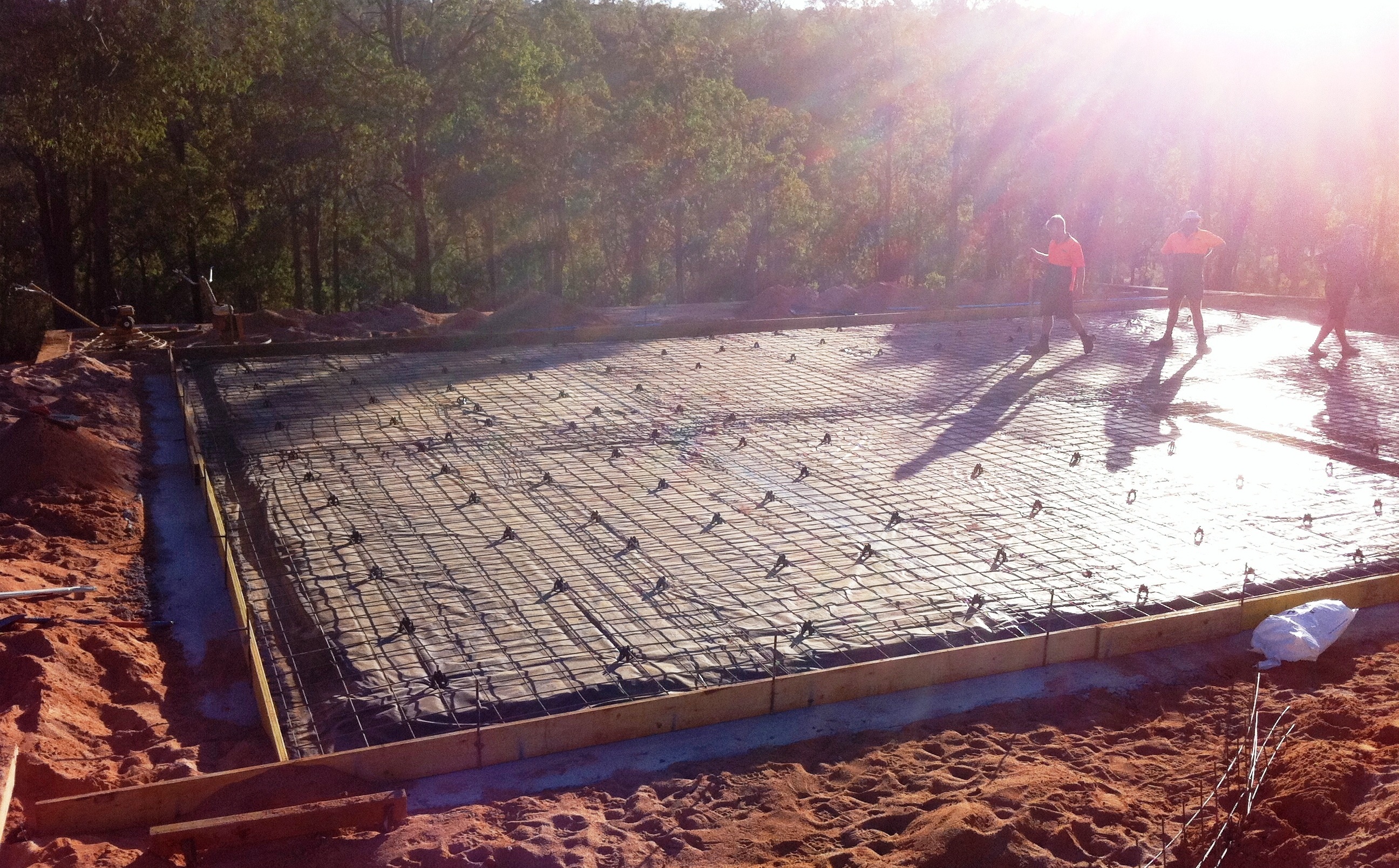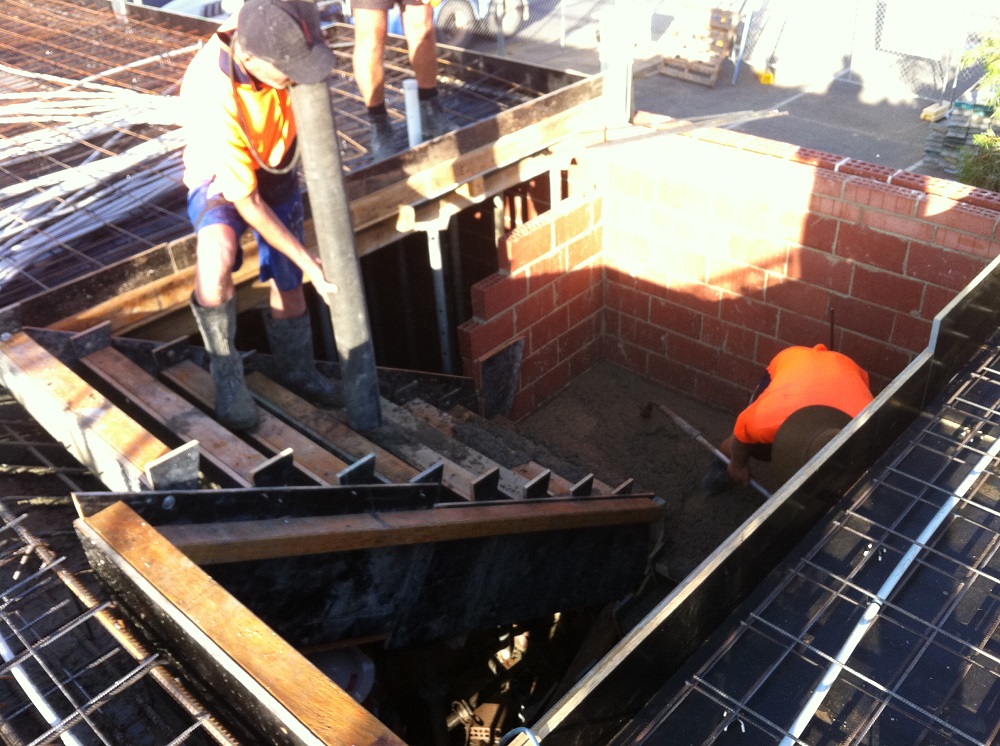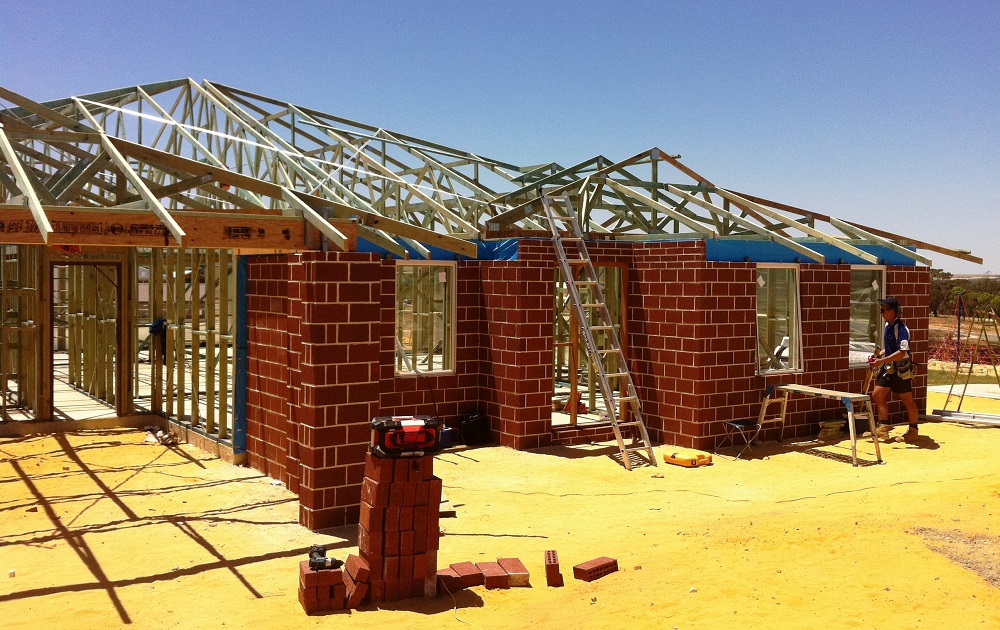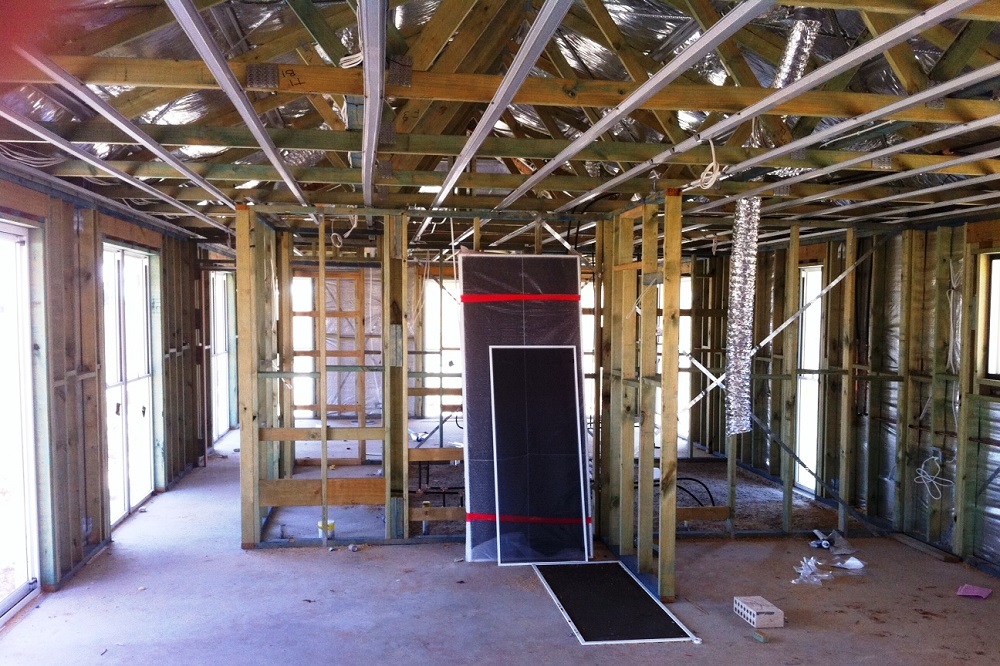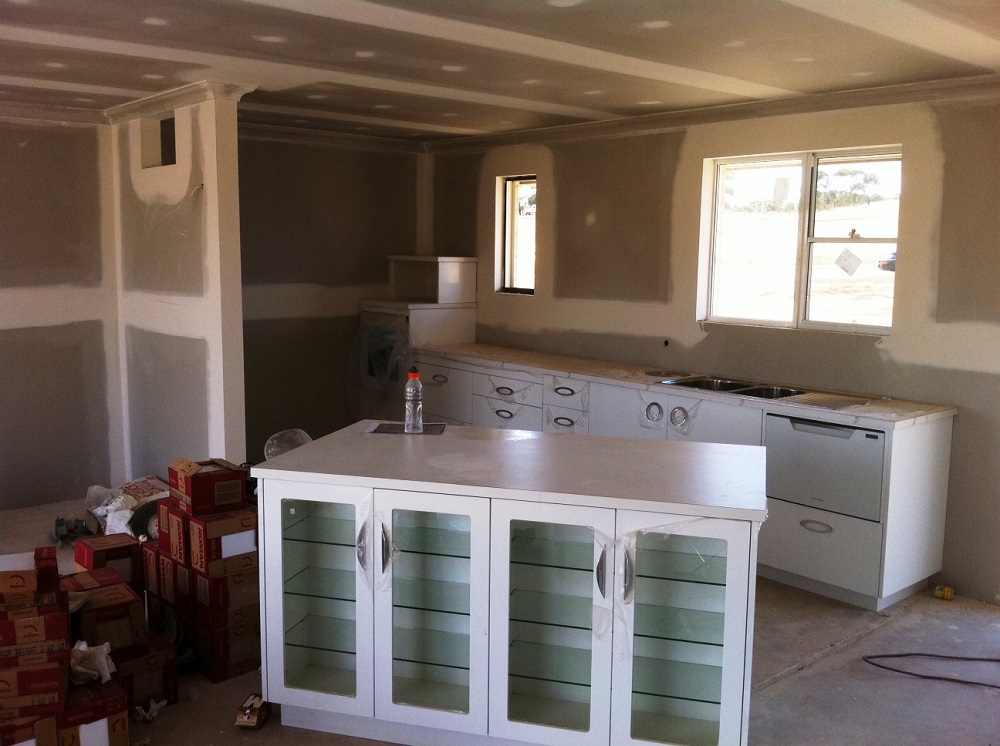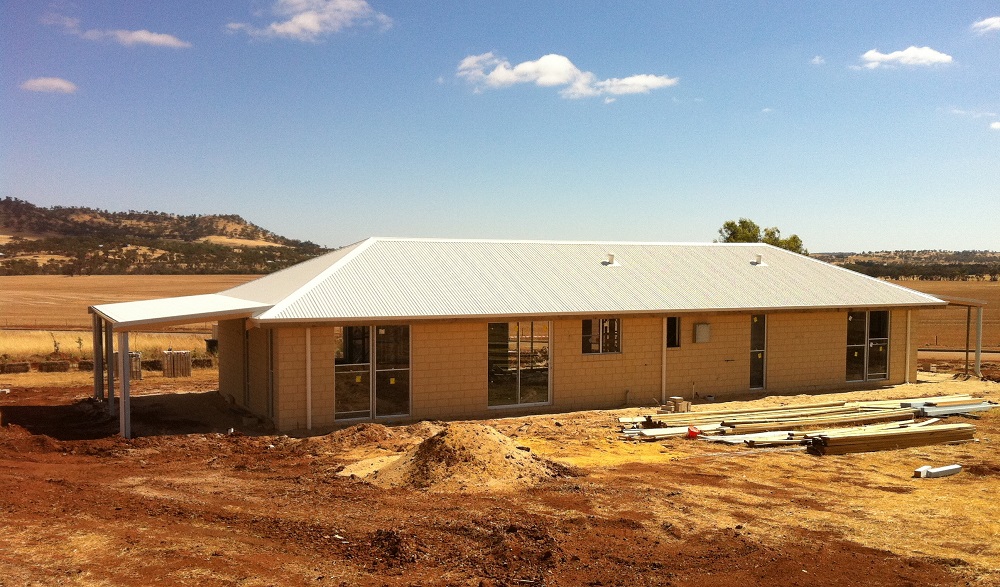.
The Different Building Inspections
Getting Unconfused
.
Basically, a builder, as a third party, can inspect anything you wish him to inspect. Different states have different laws. ACT is different to NSW. We service both ACT and NSW.
.
.
EXISTING HOME INSPECTIONS:
.
The vendor package inspection is generally what is required in ACT so a vendor can list their property for sale.
It can be a new home, a home built twenty years ago or a country heritage home. They will all have their unique problems, some which may or may not impact on the buyer after they sale.
…
.
Older homes are a bit more difficult to inspect. They may have additions and who knows what done to them during their time. Our inspector has a termite inspection and so can inspect for termites as well. But this inspection will be added to the basic inspection price.
Sometimes older homes have just been renovated and the owner is in need of a third party inspection. This can happen for any building. Renovations of old homes are especially prone to needing a third party to help the owners. Renovating old homes is tricky as often the cost is underestimated by both sides.
.
.
While in the ACT houses need to be inspected by law, the same is not so for apartments. It might be noted that apartments or villas and townhouses are worth inspecting so the prospective buyer can know what he is buying. The inspection is slightly different, as the buyer is engaging the inspector.
.
..
.
NEW HOME BUILDING INSPECTIONS:
.
Some clients feel safer with having a third party inspector check over their house they are building. This is especially so if the owner works interstate and is moving to Canberra or nearby.
The inspections usually do not include the foundations or slabs, but could do so. It would be recommended that an engineer perform these inspections, however, we are trained to see that what is put in the slab and footings is per the council approved drawings.
.
.
The advantage of having our inspection for this is that we also insist that the building contractor supply the correct dockets attesting to concrete strength. Please note, though, that inspection is not supervision. We can be at a site, inspect and report what was there at that time of inspection only. Please ensure you have an experienced house builder.
.
.
There can be two floors and stairs that need concrete pouring. They all have their degree of difficulty to build, and perhaps for peace of mind, an owner would want a third party to inspect them.
After the walls go up, it depends on your contract what is the next stage for inspection. There can be an inspection when the wall frames are up and the external walls are built.
.
.
There can also be an inspection when the roof frame is up, but without the roof on. Plus there can be one after the roof is on. It depends on what is in your contract with the builder and your bank.
.
.
This stage is usually termed lock up. These are stages only and none of these stages mean that the building is finished to that exact point. For example, while the concrete footings and slabs are finished for the house, it may not be so for the garage, which might be done later at the end of the project.
.
.
out is a stage where the builder will have the cabinets in, the plasterboard in, tiles may or may not be done and all the secondary fix items, such as door handles and so on are complete. It depends on what your contract says.
.
.
Practical completion is what it sounds like. There is an exact definition, but it means the house is occupiable and the building is practically complete. It may not be, however, without defects, and there is a defects liability period, which will be in your contract. That is after you have finished the build, and you are living in it. You as the owner have time to live in the building and make a list of defects that come to light which needs to be fixed.
So give Brad Freer a call on 043 1116 000. He understands any possible confusion you may have over any of these, and he is happy to explain it to you, over the telephone, until you understand. You can also email him direct on info@canberrainspections.com.au .
.
.


